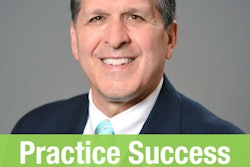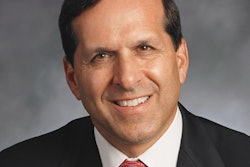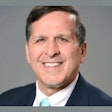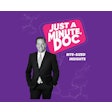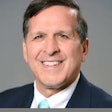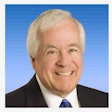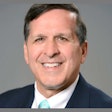
In the dental industry, as with many industries, it is common to assume that because someone is a great employee, practitioner or individual contributor, they will be a great leader. Problems arise when leadership is confused with promotion.
Some people think they want to be a leader, but they simply want more authority, recognition, and input. Similarly, leaders mistakenly promote those who excel as practitioners but who may not have any leadership inclinations.
Mistake No. 1: Promoting leaders without people skills
Leaders need to have both an interest in and a tolerance for the messiness of human behavior. A way to avoid this mistake is simply to assess whether the potential leader in question has the people skills, the fortitude, and the judgment that will provide great leadership.
Many high-performing dentists simply don't want the extra burden of dealing with people's problems. If they are not interested in developing a team, they should focus on higher levels of responsibility that are not as people-intensive.
Mistake No. 2: Underestimating the time it takes to lead
Another common mistake that people in the dental industry make upon entering leadership positions occurs when they underestimate the attention and time that is necessary to lead people. Uniting teams toward a common goal requires extra communication, extra meetings, and often, additional administrative work.
If new leaders assume they will be able to carry out most of their previous duties but with a higher role level, they will not give the time and attention that is needed to develop a team. A simple fix for this is to refrain from overpromising anything in a new leadership role. New leaders should take the time to learn what may be required so that they can prioritize time and commitments as they adjust to the role.
Mistake No. 3: Not asking for help
One of the worst and most easily avoided mistakes a dental executive can make is when they neglect to ask their direct reports for opinions, information, and help. Many leaders worry that doing so will lower their status, but the opposite is true. Direct reports can tell when a new leader is trying too hard to prove their worth because they come across as having all of the right answers. This lowers respect among those reporting to them. On the other hand, everyone wants to feel their opinions matter and most people want to help problem-solve. Thus, the new leader who says, "I'm not sure how to fix this system; does anyone have a suggestion?" will gain respect, loyalty, and most importantly, buy-in for any new changes that ensue.
 Dr. Tricia Groff.
Dr. Tricia Groff.Often, new leaders mistakenly think they should be able to figure it out on their own. Unlike formal education, leadership doesn't have a clear roadmap, so the best dental practitioners may still struggle with acquiring leadership skills. They can benefit greatly by finding a colleague in the industry who understands the variables but may be at a different practice. This enables them to speak freely about their questions and concerns. Additionally, having a trusted confidante helps to ease the burden of leadership because an available sounding board makes leaders feel less alone.
While being a new leader does bring its challenges, those who take on the endeavor can have a role in impacting their colleagues, their practice, and possibly the whole dental industry. The best thing new leaders can do is to have patience with themselves and maintain an ongoing awareness of the positive changes they are making.
Dr. Tricia Groff is an executive advisor and executive coach who works with high achievers and their organizations. She is also a licensed psychologist who brings 20 years of behind-the-scenes conversations to her recommendations for workplace wellness and profitability. She is the author of "Relational Genius: The High Achiever's Guide to Soft-Skill Confidence in Leadership and Life."
The comments and observations expressed herein do not necessarily reflect the opinions of DrBicuspid.com, nor should they be construed as an endorsement or admonishment of any particular idea, vendor, or organization.





